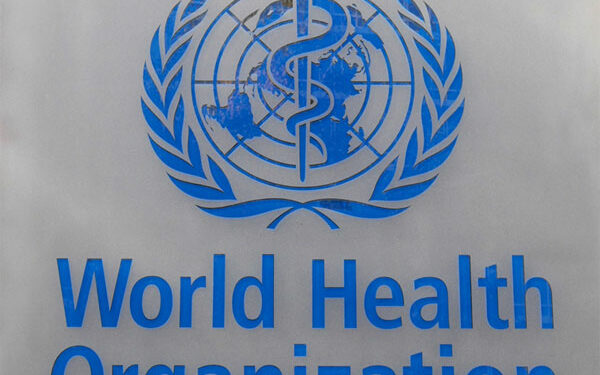The World Health Organization (WHO) has reported a staggering 194,897 deaths and 1,932 cases worldwide due to a cholera outbreak.
According to a statement from the WHO’s Eastern Mediterranean Region, these outbreaks occurred between January 1, 2024, and May 26, 2024. The most affected areas were the Eastern Mediterranean Region, followed by the African Region, the Americas, South-East Asia, and Europe. The Western Pacific Region, however, reported no outbreaks during this period.
The global stockpile of Oral Cholera Vaccines (OCV) faced a severe shortage, being depleted by early March. Yet, by early June, it exceeded the emergency target of five million doses, reaching 6.2 million doses by June 10, 2024. Despite this, the demand for vaccines remains higher than the available supply. Since January 2023, 16 countries have requested 92 million doses, nearly double the 49 million produced during the same period.
By March, WHO had depleted its global OCV stockpile but managed to exceed the emergency target of five million doses by early June for the first time in 2024. The organization revealed that 16 countries had requested 92 million doses since January last year, nearly double the amount produced.

WHO is collaborating with partners like UNICEF to address the long-term challenges of cholera. The organization declared the global cholera resurgence a grade three emergency in January 2023, its highest emergency level. Given the number of outbreaks, their spread, and the shortage of vaccines and resources, WHO continues to assess the global risk as very high, maintaining the grade three emergency status.
“After years of progress, cholera cases are rising again, even in countries that haven’t seen the disease in years,” the agency noted.
Cholera is an acute intestinal infection spread through food and water contaminated by the Vibrio cholerae bacterium, often from feces. It can be prevented with safe water and sanitation. Though cholera can be fatal within hours if untreated, immediate access to treatment can save lives.

Persistent issues like poverty and conflict are traditional triggers for cholera outbreaks, but climate change and conflict are now worsening the situation. Extreme weather events such as floods, cyclones, and droughts limit access to clean water, creating conditions for cholera to spread, according to WHO.
In 2022, 44 countries reported cholera cases, a 25% increase from the 35 countries in 2021. This trend continued into 2023, with outbreaks becoming more deadly, recording the highest case fatality rates in over a decade.
The increase in outbreaks and cases is straining global response capacity, with a significant shortage of cholera tools, including vaccines, WHO added.
In Nigeria, Kemi Ogunyemi, Special Adviser to the Lagos State Governor on Health, reported that fatalities from the outbreak have risen to 21, with 350 suspected cases and 15 confirmed deaths. Similarly, the Ogun State Government confirmed an outbreak that resulted in the death of a 62-year-old woman and the hospitalization of five others.


